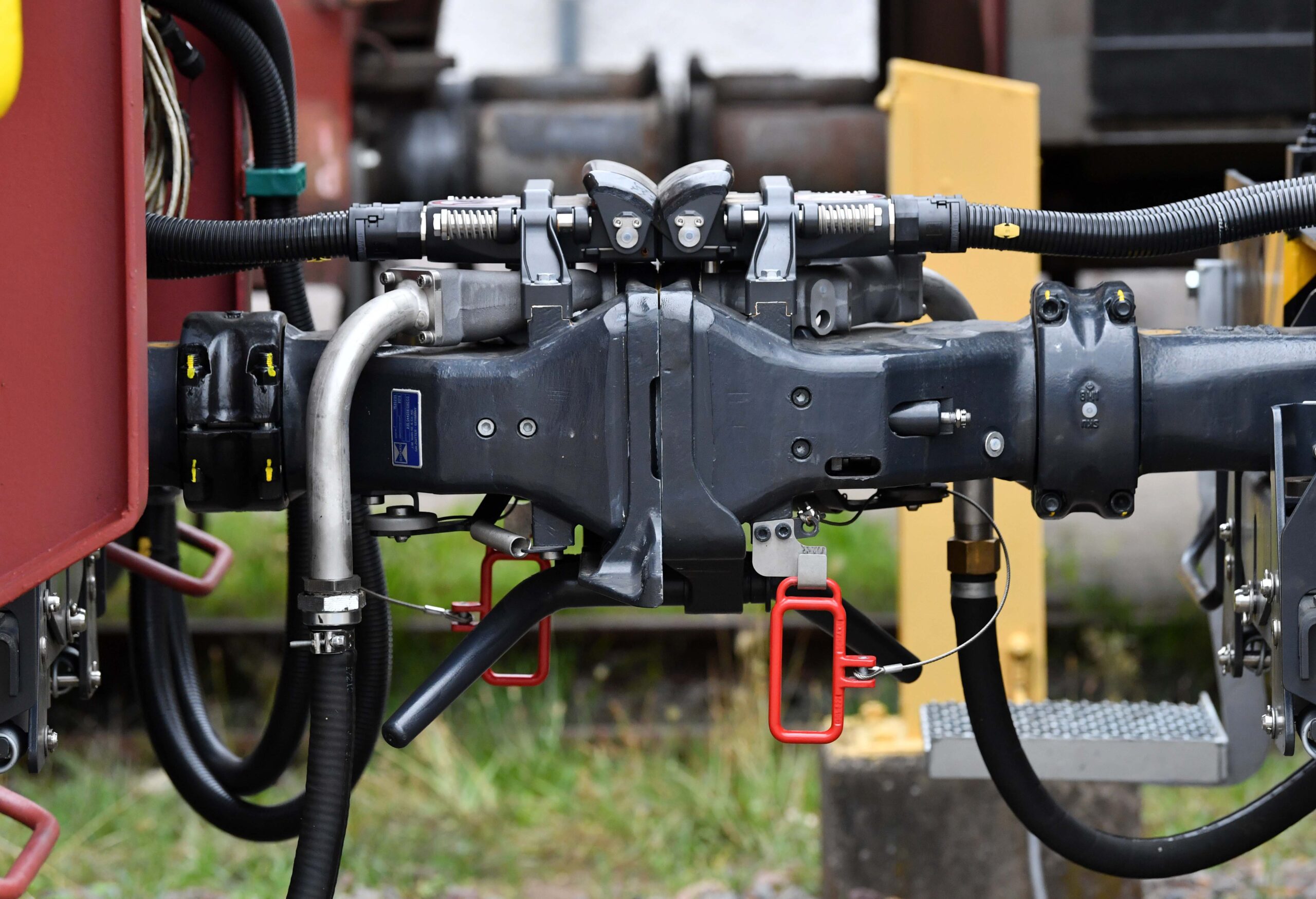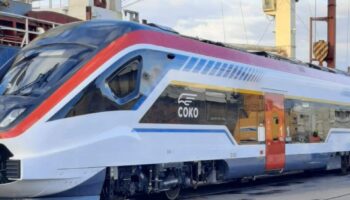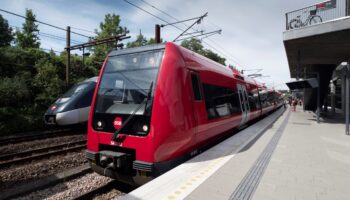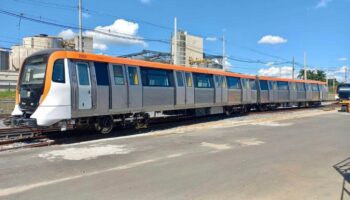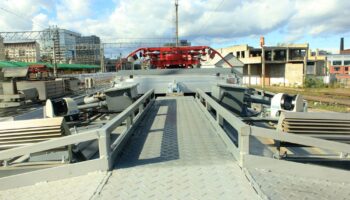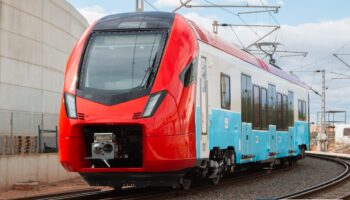EU: The goal is to commence equipping the entire European freight fleet of 500,000 cars with digital automatic coupling, DAC, in 2028. However, some EU operators have expressed concern about the project, citing a lack of clarity in its phases and the high cost of transition to DAC.
To facilitate the introduction of DAC, a group of companies engaged in rail transport operations, development, and research, along with an association, established a consortium, DAC-Fit. The consortium is led by DB Cargo, a German freight operator, and includes K+V, a German engineering company; VPI, a German association of private keepers of freight cars and workshops; Instytut Kolejnictwa, a Polish railway research institute; VÚKV, a Czech railway research and testing company; BME ITS, a Hungarian higher education engineering institute; and IML, a German logistics institute.
The overarching objective of DAC-Fit is to devise an upgrade plan for the freight car and locomotive fleets. Additionally, K+V, Instytut Kolejnictwa, VÚKV and BME ITS will examine the technical aspects of the project, while IML will develop a plan for its implementation and VPI will assess the capacity of European service centres to work with DAC and the number of technicians required. The budget for the project is made up of a contribution of €1.5 mln from the Europe’s Rail Joint Undertaking and €1.9 mln from the consortium members.
In April, a live demonstration of a freight train equipped with DAC was arranged as part of a side event of the Connecting Europe Days conference in Brussels. The first DAC-fitted train travelled 15,000 km over nine European countries. At a dedicated panel, Sigrid Nikutta, Chair of Rail Freight Forward and CEO of DB Cargo, stated that the new technology had successfully been tested and was ready for operation.
Since the late 2010s, the EU has been developing the concept of large-scale DAC deployment with automated train formation, air brake lines, electric network, and data transfer. Following the presentation in 2020, the testing of the pilot project has commenced. The first phase resulted in the selection of prototypes based on Scharfenberg couplers from Dellner and Voith.
The introduction of DAC is expected to enhance the efficiency of European rail transport, reducing the time required for operations and the proportion of manual labour, while increasing the speed of freight trains. According to an estimate by Ernst & Young, commissioned by Europe’s Rail in 2022, the project will cost €9 bln to implement, with the majority of this to be covered by EU funds.
However, project critics highlight that there are no fixed milestones for DAC implementation, the financing is still undecided, and the technical approach to equipping old cars has not been detailed to an acceptable level. A number of private operators fear that the actual costs will exceed the budget, making EU subsidies insufficient and the DAC transition unaffordable for small companies. ZNPK, an association of minor operators from Poland, estimates that the project will cost between €15 and €20 bln, while the Czech operators’ estimate is even higher, at €61 bln.





